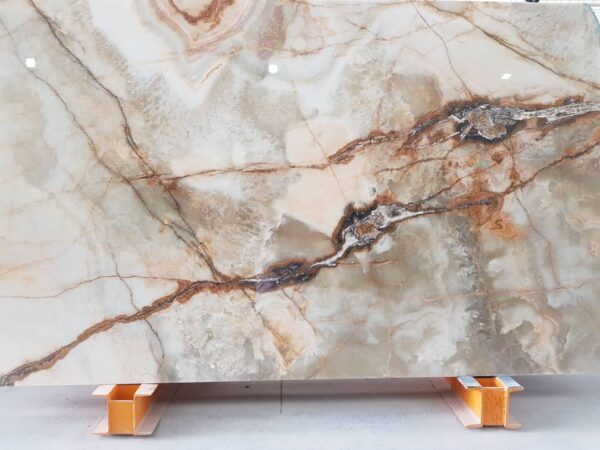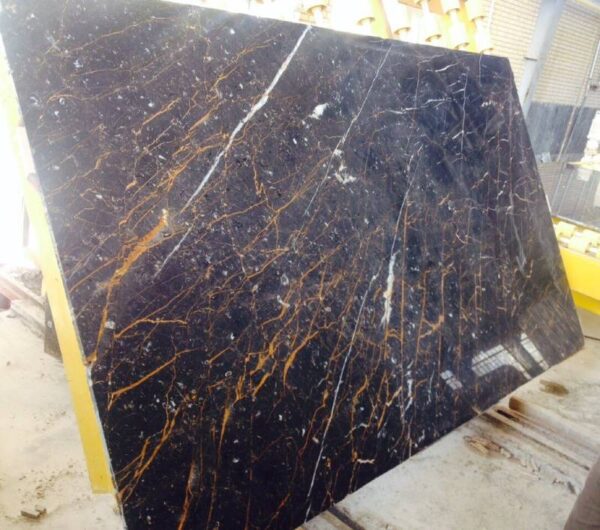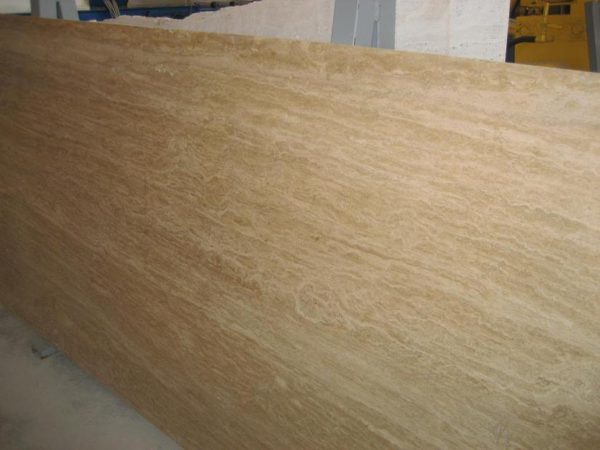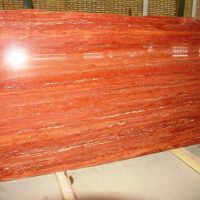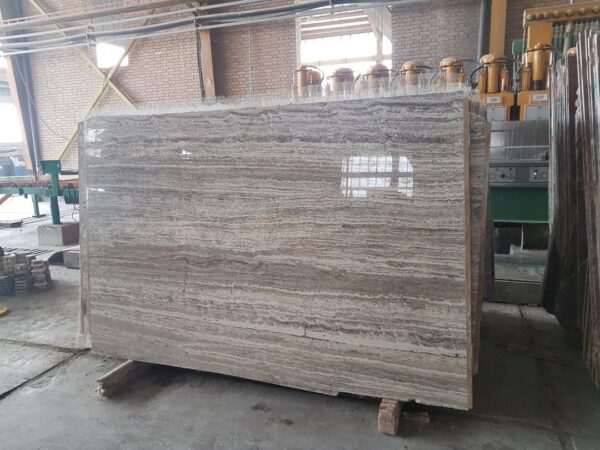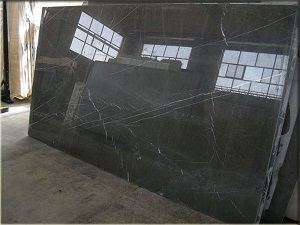Can You Clean Granite with Vinegar? Here’s What You Need to Know
Granite countertops are a popular choice for kitchens and bathrooms due to their durability and timeless beauty. However, maintaining their pristine appearance requires careful consideration of the cleaning products used. One common question is: Can you clean granite with vinegar? The answer might surprise you.
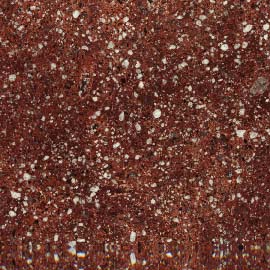

The Risks of Using Vinegar on Granite
Granite is a natural stone composed of minerals that react differently to various cleaning agents. Acidic vinegar can pose several risks when used on granite surfaces.
1. Vinegar’s Acidic Nature
Vinegar is well-known for its effectiveness in cutting through grease and grime, thanks to its acidity. However, this same acidic property can cause problems for granite. When vinegar comes into contact with granite, it can start to break down the sealant that protects the stone. This sealant is essential in keeping the stone resistant to stains and water damage.
2. Potential for Etching
Etching is a common issue when acidic substances are used on natural stone surfaces. Vinegar can cause the granite to develop dull spots or etches over time, leading to an uneven and unattractive appearance. These etch can be particularly noticeable on darker granite countertops, where the contrast between the etched area and the rest of the surface is more pronounced.
Can You Use Vinegar On Travertine
3. Weakened Sealing
As the vinegar breaks down the sealant, the granite becomes more susceptible to other forms of damage, such as stains from oils, wine, or juice. A weakened sealant also means that the stone is more likely to absorb moisture, which can lead to long-term damage and costly repairs.
Safer Alternatives to Vinegar for Cleaning Granite
Given the risks associated with using vinegar on granite, it’s important to choose safer cleaning alternatives that won’t compromise the stone’s integrity.
1. pH-Neutral Cleaners
The best option for cleaning granite countertops is a pH-neutral cleaner. These cleaners are specifically designed to be gentle on natural stone, ensuring that the sealant remains intact and the granite stays in excellent condition. You can find pH-neutral stone cleaners at most home improvement stores or online.
2. Mild Dish Soap and Warm Water
For everyday cleaning, a mixture of mild dish soap and warm water works wonders. Simply mix a few drops of dish soap with water in a spray bottle, apply it to the surface, and wipe it down with a soft cloth. This method is effective for removing light dirt and grime without the risk of damaging the granite.
3. Isopropyl Alcohol Solution
For a deeper clean or to disinfect the surface, you can use a solution of 50% isopropyl alcohol and 50% water. Spray the solution onto the granite, let it sit for a few minutes, and then wipe it off with a clean, dry cloth. This method is safe for granite and won’t harm the sealant.
How to Maintain Your Granite Countertops
Proper maintenance is key to keeping your granite countertops looking beautiful for years to come. Here are some tips to follow:
1. Regular Sealing
Granite countertops should be sealed regularly to maintain their resistance to stains and moisture. Depending on the type of granite and the sealer used, this could be once a year or every few years. Check with your countertop manufacturer or installer for specific recommendations.
2. Wipe Up Spills Immediately
To prevent staining, it’s crucial to wipe up any spills as soon as they occur. This is especially important for acidic substances like wine, citrus juices, or vinegar, which can damage both the sealant and the stone itself.
3. Avoid Harsh Cleaners
Finally, avoid using harsh or abrasive cleaners, as well as any products that contain bleach or ammonia. These can damage the sealant and leave the granite vulnerable to scratches and stains.

